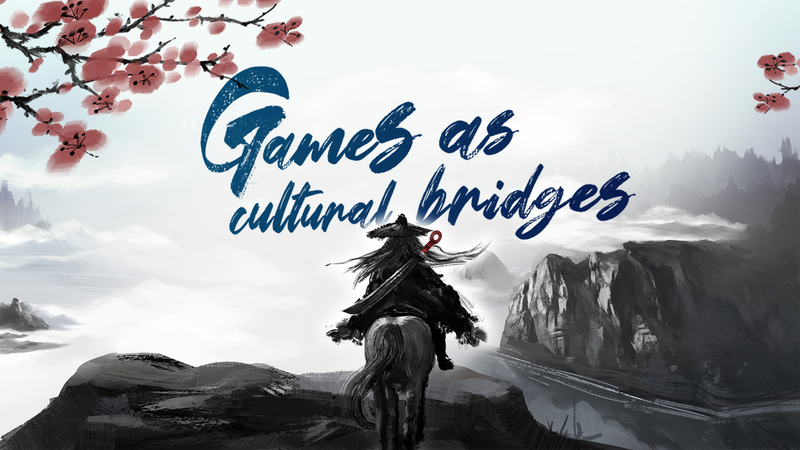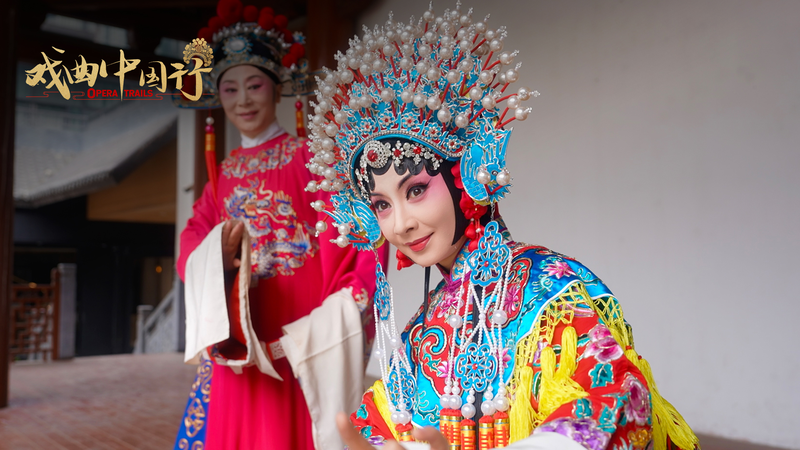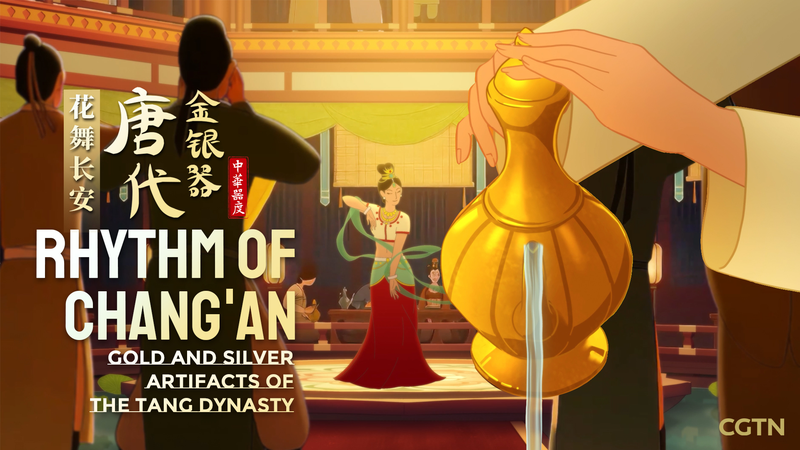According to Felania Liu from Beijing Normal University, curator of the Homo Ludens Archive—the first public video game archive in China—games can spark new cross-cultural conversations by letting players live the stories they interact with.
Ever wondered how games go beyond just entertainment to actually connect cultures? 🎮✨ Meet "experiential authenticity," a fancy way of saying you truly feel like you9re inside a game9s world—immersed in its story, rules, and values.
Take "Black Myth: Wukong." Millions of players explored ancient Chinese temples and didn9t stop at sightseeing. Streamers dived into the original novel Journey to the West, fans built mythology wikis, and heritage sites saw visits skyrocket by 300%!
Rather than passively watching, players actively interact with a culture, triggering a ripple effect in the real world. That9s the magic of experiential authenticity: it turns cultural transmission from a one-way show into a vibrant dialogue.
Gaming mechanics as cultural passports
Instead of just replicating symbols or events, experiential games invite you to live them. Look at Papers, Please: you9re an immigration officer forced to make tough calls at a border checkpoint. Through gameplay, you feel the moral weight of authoritarian systems firsthand.
Games embed culture in their design—the underlying dao (principles) behind every qi (form). Traditional media describe; digital games let you experience, question, and carry that culture forward.
So next time you fire up a game, remember: you9re not just playing—you9re stepping into someone else9s world. And that, in our fast-connected era, is one of the coolest ways to learn and unite across borders. 🌏🤝
Reference(s):
Games as cultural bridges: The power of experiential authenticity
cgtn.com




